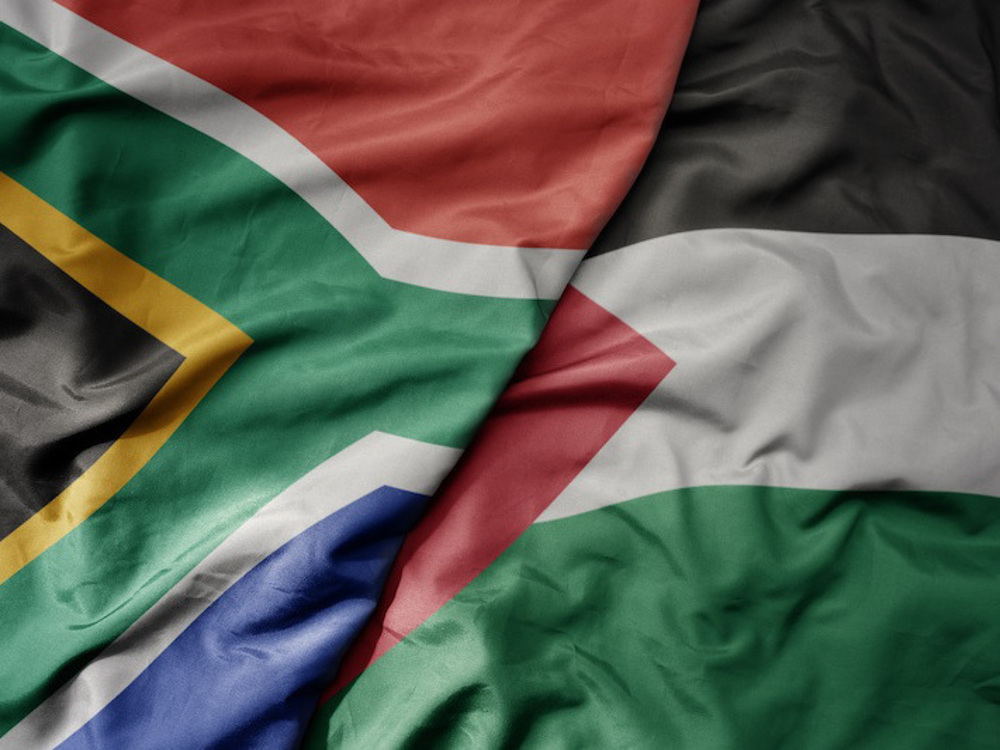Zimbabwe president takes oath of office following disputed win
Zimbabwe’s President Emmerson Mnangagwa has been sworn in following an election victory disputed by the opposition and amid questions raised over the country’s democratic credentials by United States observers.
Mnangagwa, who won the presidential election on July 30, took the oath of office before Chief Justice Luke Malaba on Sunday.
Thousands of people gathered at the country’s national stadium in Harare to witness the swearing-in of the new president.
Earlier in the day, the International Republican Institute and National Democratic Institute (IRI-NDI) released a joint critical statement, saying the African country “has not yet demonstrated that it has established a tolerant, democratic culture” that would allow the opposition to be treated fairly and the people to vote freely.
The statement said its final election report is yet to come.
The IRI-NDI mission released the statement hours after Zimbabwe’s Constitutional Court upheld Mnanaggwa’s narrow election win on Saturday.
Mnanaggwa narrowly avoided a runoff by winning 50.7 percent of the votes late last month.
Opposition leader Nelson Chamisa, however, rejected the results, saying the vote was marred by “mammoth theft and fraud.”
Chamisa also rejected the Constitutional Court’s ruling. He said he had a “legitimate claim” to leading the country and staging peaceful protests.
Even though the election passed off peacefully on July 30, several people were killed in clashes between the army and the opposition supporters two days later. Army soldiers reportedly used live ammunition in the clashes.
Mnangagwa allowed international observers into Zimbabwe for the first time in 16 years in a bid to use the vote to bolster his international legitimacy.
European and American observers, however, expressed reservations over the vote, saying that, though peaceful, the poll had been preceded by intimidation and state domination of the media.
They also said that the results had been announced with a delay, an issue that the opposition had also complained about.
Several international observers had also criticized the “excessive” use of force by security forces after the vote.
European Union (EU) observers, who called on all parties to accept the court verdict, suggested, however, that Mnangagwa had benefited from an “un-level playing field.”
IRGC intelligence forces bust Takfiri terrorist team in western Iran
Syria’s de facto new ruler names Asaad al-Shibani as foreign minister
How 8-year-old Lebanese child Fawaz nixed Ben Gurion’s 76-year-old fallacy
VIDEO | 700,000 Cubans rally at US embassy in Havana against trade embargo
Iranian embassy staffer assassinated by terrorists in Damascus
VIDEO | Press TV's News Headlines
Scandalous detention of Iranians by US to extort information
VIDEO | Israeli forces open fire on Syrians protesting occupation












 This makes it easy to access the Press TV website
This makes it easy to access the Press TV website